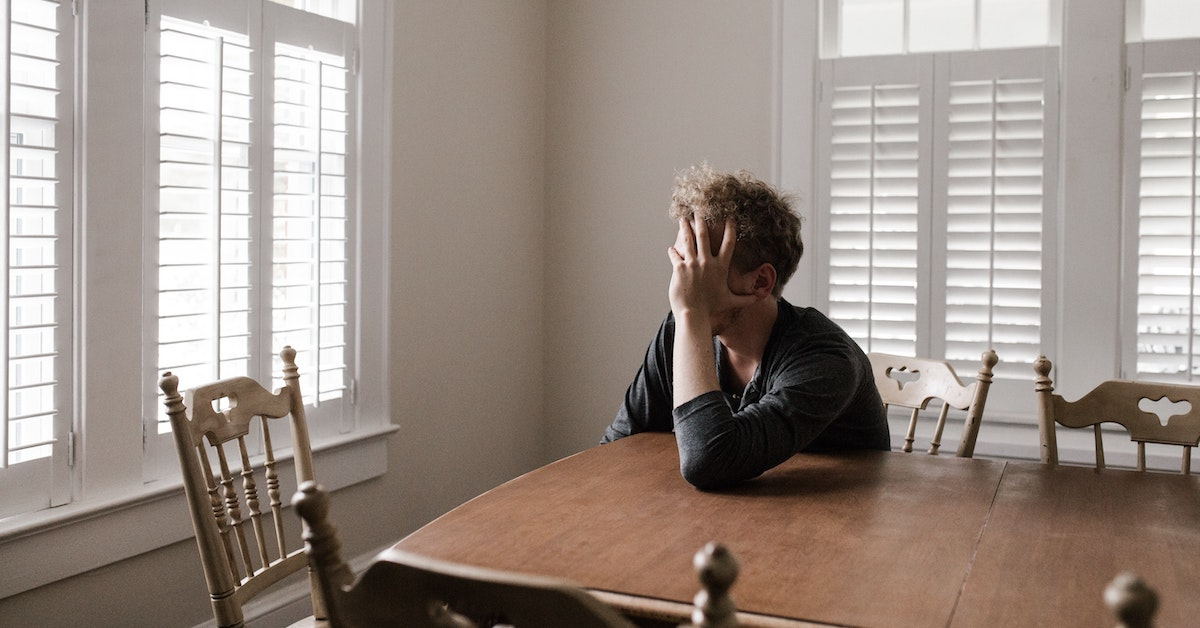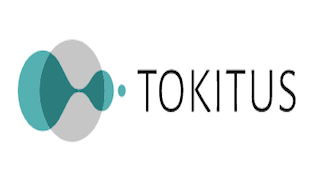Far too frequently, this nation falls short and fails to provide its citizens with the adequate physical and mental health care they need and deserve. The National Alliance on Mental Illness estimates only 46.2% of U.S. adults with a diagnosed mental health condition actually receive treatment, according to their most recently published figures.
Inadequate and inequitable mental healthcare is a collective, societal issue, and an issue that can only be adequately met through a sweeping, collective, societal scale response. One reform that has started to be implemented across more cities in the United States is sending social workers, medics, outreach professionals, and behavioral health workers in response to mental health crises, rather than police officers.
As Kaiser Health News has noted, crisis response changes like these have started to gain more traction across the nation. The Substance Abuse and Mental Health Services Administration made another big step to improve behavioral health crisis response by establishing the 9-8-8 helpline to support people suffering from suicidal ideation and other serious mental health crises.
But although some incremental progress has been made, more work still needs to be done to improve not only the quality of mental healthcare, but the accessibility and quantity of mental health resources available for people, particularly in times of great emotional distress and crisis.
According to data published by the Health Resources And Services Administration, roughly 125 million Americans live in areas with a shortage of accessibility to mental healthcare resources. Lack of care can exacerbate people’s existing mental health issues, and leave them isolated and alone, feeling even lower at their emotional lowest.
Rural regions are particularly vulnerable communities in terms of lacking access to mental healthcare. Many are lagging behind the mental crisis' reforms that have been implemented in other cities, though work is being done to address and ameliorate these inequities.
To better understand how mental health crises can be better addressed in rural communities, it’s important to better understand the root disparities that can worsen these crises, and what these rural communities are doing to improve access to crisis support.
Rural Mental Health Disparities
Smaller, more isolated rural communities often lack access to the mental healthcare resources found in larger, more affluent urban and suburban areas. This isolating environment, in turn, can reinforce the emotional isolation felt by people living in rural communities.
In recent years, especially over the course of the COVID-19 pandemic, the economic inequities straining these communities have continued to worsen, in turn perpetuating further isolation, alienation, and emotional distress. The numbers statistically, starkly reflect the worsening public health threats posed by mental health inaccessibility in these communities.
For example, the most recently available suicide prevention report released by the Wisconsin Department of Health Services found that the state’s overall suicide rate jumped 40% from 2000 to 2017, with the most vulnerable, at-risk population in the state being rural men ages 25 through 64. Rural communities are trying to close these equity gaps by implementing more private and publicly run mental health crisis response resources.
SSM Health, a Wisconsin-based health provider, opened the state’s first mental health day stabilization center last month, and Wisconsin’s Department of Agriculture, Trade, and Consumer Protection recently established the Farm Center, a helpline and state organization specifically geared toward offering mental health support to rural residents.
In the words of the state government site, the 24/7 farmer wellness helpline is open to any rural Wisconsinite resident “experiencing anxiety, depression, or [who] just need a welcoming ear to talk to.” Even a single welcoming ear has the potential to make a substantial difference in one’s life, mental health, and overall wellness, and the good news is that more rural areas are enlisting welcoming ears to support and enrich their communities in times of emotional crisis.
As prominent outlets like NBC News have recently reported, similar crisis response programs are beginning to pop up in other smaller communities, like UnityPoint Health’s mobile crisis response teams serving 18 mostly rural counties in Iowa. South Dakota has also implemented a Virtual Crisis Care program to offer remote mental health support; according to that aforementioned NBC report, approximately 80% of VCC respondents stay safe at home after completing the program’s video assessment.
Arizona was also ahead of the curve in reforming its rural and statewide mental health crisis response. A seminal 1980s class action suit filed against the state government, Arnold V. Sarn, argued that the state’s Department of Health and Division of Behavioral Health Services “did not provide a comprehensive community mental health system as required by statute.”
The trial court and Supreme Court would both go on to affirm that the state violated this statute, but the state and plaintiffs wouldn’t reach an agreement until 2014. Since then, the state has made a concerted effort to offer better support systems for people dealing with mental health crises. But while excellent steps in the right direction are being made, more work still needs to be done.
Mental Health Without Insurance Coverage
One significant barrier impeding Americans from receiving the care they deserve (in general, not exclusively mental healthcare) is cost. Even for people who are insured, mental healthcare can still pose a significant financial burden; according to the White House, mental health services are roughly 5 times as likely to be charged out of network.
Furthermore, as that aforementioned White House release goes on to note, roughly 37% of the U.S. population lives in areas with shortages of mental healthcare providers, and a sizable portion of those shortages are in under-resourced rural areas (2/3rds) and under-resourced, under-privileged urban areas.
The United States Department of Agriculture estimates that slightly over 1 in 10 of all rural Americans are living under poverty (15.4%), with rural POC being particularly vulnerable to marginalization under this economic inequity. For example, the poverty rate faced by rural black Americans (30.4%) is over double that faced by rural, non-Hispanic white Americans (12.4%).
Although good strides are being made to improve mental health crisis response in rural areas, more work still needs to be done to mend inequities. No matter where you are, no matter where you live, you don’t deserve to be left alone in times of crisis. If you or a loved one are in need of help, below are some potentially prudent crisis resources you can contact.
Nationwide Mental Health Crisis Resources
- Physician Support Line
- 2-1-1 Helpline
- Disaster Distress Helpline
- 9-8-8 Crisis Lifeline
- StrongHearts Native Helpline
- Caregiver Help Desk
- National Sexual Assault Telephone Hotline
- Crisis Text Line
- The Trevor Project
- National Domestic Violence Hotline
- Trans Lifeline
- SAMSHA National Helpline
Why Mental Health Is Important
Mental health is crucially imperative to your overall health, wellbeing, and wellness. It is intertwined with a myriad of facets in one’s quality of life, because it heavily informs how one perceives life.
Even if you live in a small community that lacks immediately available, in-person mental health support resources, you may still be able to affordably access services of mental health professionals from home. You can even find support from online doctors, through providers like Sesame Care (read our full review of them here, and get a 15% discount with the Sesame Care promo code "SESAME15.")
Tokitus, for instance, offers low-cost virtual therapy sessions at half the cost of the average US-based online therapy provider. Read our review of Tokitus if you’d like to learn more about them, and if you’d like to find other avenues where you could potentially connect with an online therapist, we would be happy to direct you to more online therapy resources.
Even if you feel lonely in your struggles now, we hope you can ultimately feel reassured that you’re never truly alone.


